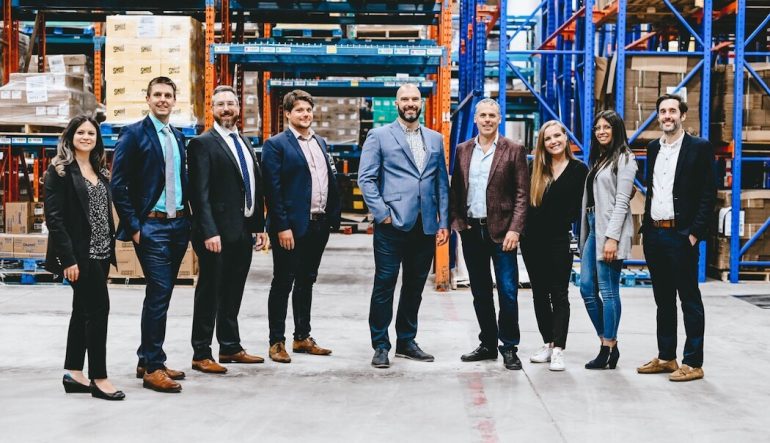Montréal-based startup Worximity has raised $14 million CAD to further advance its smart factory technology that utilizes machine learning, artificial intelligence, and the Internet of things (IoT).
The financing comes from Investissement Québec and existing Worximity investors, the Fonds de solidarité FTQ and Marel, a multinational food processing company based in Europe that has strategically invested in the startup since 2019.
Worximity allows for automatic data collection, real-time monitoring, analytical views, and predictive insights in factory and manufacturing processes. Worximity is focused on advancing the ‘Fourth Industrial Revolution’ (Industry 4.0), which is seen as the merging of “the physical, digital and biological worlds” in a way that will revolutionize things like manufacturing through automation and IoT.
Founded in 2011, Worximity has raised $22.25 million to date, plus at least $1.5 million in debt from CIBC Innovation Banking in 2020. In a statement to BetaKit, Yannick Desmarais, founder and CEO of Worximity, called the latest round the startup’s Series B. The round consisted of $3.5 million in debt and $10.5 million in equity. Desmarais declined to disclose whether any secondary capital was included in this latest round, and when asked if any other investors had taken part also declined to share any details in relation to that.
RELATED: JITbase raises $650,000 in seed funding to accelerate smart manufacturing software
Since its founding, Worximity has attracted customers like consumer goods manufacturer BiC as well as Canadian meat packing and food processing company Olymel. The startup claims its customer base also includes “major players in the manufacturing industry” across Canada, the United States, Mexico, and Europe.
Worximity plans to use its latest capital to expand into even more geographies. The startup also plans to put capital into growing its presence in its current markets. A portion of the $14 million will also go towards research and development, and the creation of new products.
The manufacturing industry has gone through a couple of years of challenges amid the COVID-19 pandemic. Manufacturers are dealing with things like labour shortages, inflation, rising raw material prices, reshoring of plants, and increased capicity demand.
Automation and overall technological innovation have been pushed as key ways to solve for some of these issues. Stakeholders in the industry have noted that adoption of advanced manufacturing is still low, and have called for the need for quicker uptake.
Featured image courtesy Worximity.


